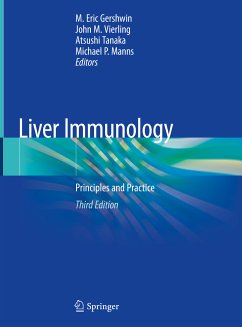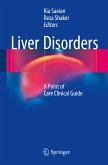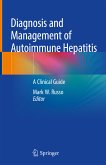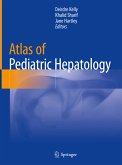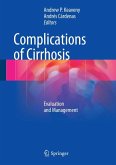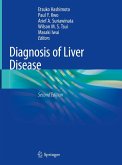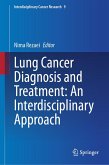The book begins with an analysis of the core concepts of immunology, including the definition of autoimmunity and its unique application to the liver, a tolerogenic organ. Subsequent chapters then explore the biological elements of liver diseases caused by epigenetics, genetics, and innate and adaptive immunity. Specific clinical presentations and aspects of liver diseases are also examined, such as Hepatitis C, non-alcoholic fatty liver disease and parasitic infections. Closing chapters then discuss liver diseases among specific populations, including pediatrics, those with comorbidities and preexisting conditions, pregnant women, and finally patients with transplanted organs.
A timely and invaluable update to the clinical literature, Liver Immunology: Principles and Practice, Third Edition, is once again a comprehensive work that will not only enhance the understanding of liver diseases but also provide the kind of novel insights that greatly accelerates the evidence-based care of children and adults afflicted with these diseases. This volume is again a must-read for clinicians at all levels, for investigators and for students.
Dieser Download kann aus rechtlichen Gründen nur mit Rechnungsadresse in A, B, BG, CY, CZ, D, DK, EW, E, FIN, F, GR, HR, H, IRL, I, LT, L, LR, M, NL, PL, P, R, S, SLO, SK ausgeliefert werden.

